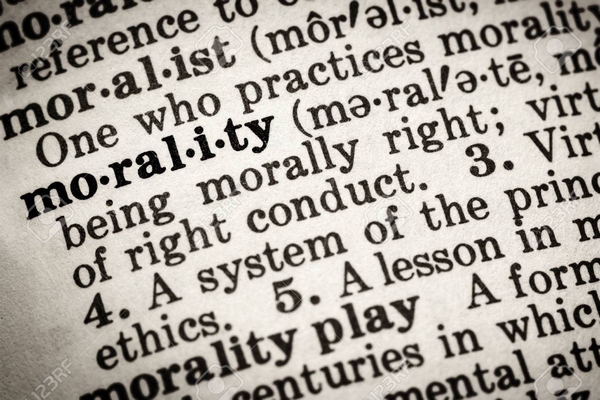The recent popularization of the phrase “the right side of history” is indicative of something quite profound: the widespread recognition that societal standards of right and wrong have changed over time, and that the bulk of those changes have been for the better. As Martin Luther King, Jr. famously put it: “the arc of the moral universe is long, but it bends toward justice.”
Examples abound. For thousands of years our ancestors glorified the continuous wars of conquest that destroyed the lives of untold millions, but we now condemn such brutal aggression as anathema. Though just two hundred years ago it was common to see moral defenses of the institution of slavery, today a person who kidnaps and enslaves a fellow human being is considered a monster. More modern times have witnessed similar seachanges in society’s moral assessment of issues like women’s suffrage, corporal punishment of children, and marriage equality for homosexuals.
None of this moral progress happens automatically. No matter how far back or recently we look, every one of these changes for the better has been fought against tooth and nail by an army of reactionaries who cling tenaciously to what we might call The Old Morality. Whether the matter has been the burning of witches, child labor laws, racial segregation, or universal healthcare, the same coalition of ring-wing political groups and conservative religionists have rallied their troops and taken up their battlements on the wrong side of history.
Despite their abysmal track record over the centuries, these moral regressives remain entirely unhumbled in their self-assessment, still seeing themselves as the most reliable arbiters of right and wrong. Full of hubris and ever-unyielding, in the face of all evidence they continue to publicly tout the supposed perfection and unchangeability of The Old Morality, remaining convinced that someday, for once, history will prove them right.
Up until now moral progressives have won their battles despite a significant handicap that has hampered their attempts at coalition building. Left-of-center political groups, secularists, and liberal religionists have not seen themselves as bonded by a common morality they can easily point to by name. Some even spuriously accuse them of having no morality at all. But nothing could be farther from the truth. It is for this reason it is proposed that the term The New Morality come into common usage.
Future posts will begin to flesh out some of the actual moral principles of The New Morality, but it’s important to understand that, rather than being prescriptive and static like The Old Morality (“always do x because authority y says it’s right”), The New Morality derives its strength from its eagerness to change for the better over time, therefore any attempt to define or codify it should be purely descriptive (basically: “here is the most up-to-date version of the consensus morality among those who have consistently been on the right side of history”).
Far from actually being “new” on the scene, The New Morality has existed through the ages as the ever-improving moral code of those reformers who actively caused the long arc of the moral universe to bend toward justice. It’s only new in the sense that it is now for the first time being named, consciously adopted, and celebrated as something to be proud of
— something that binds together people of different cultures, religious beliefs, ages, and walks of life.
At its heart, The New Morality aims to answer the question: What does it mean to be a good person in the 21st century?

Facebook Comments